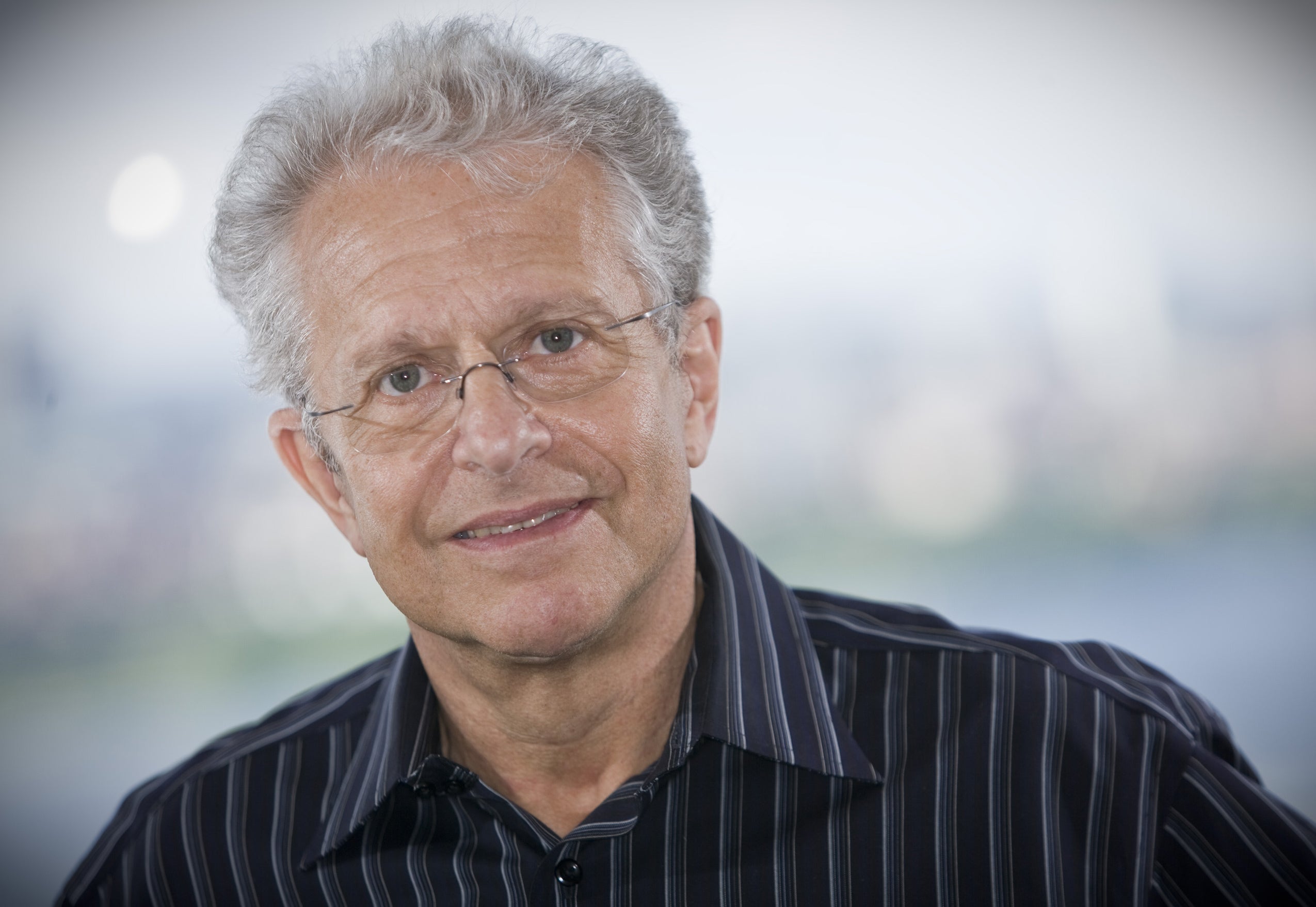In an op-ed in the Apr. 16 edition of The Boston Globe, Harvard Law School Professor Laurence Tribe ’66 assesses the attempted use of the judiciary branch to establish global warming policy in light of a lawsuit that has recently come before the Supreme Court. The suit seeks a judicially imposed cap on power companies’ emissions, and the Court will hear oral arguments on Tuesday.
Writes Tribe: “Congress, through the Clean Air Act and other measures, has empowered the Environmental Protection Agency to regulate greenhouse gases, and that agency has begun to do so … The courts should reject the political and administrative roles that would be thrust upon them by litigants dissatisfied with Congress’s decision to entrust the EPA with this challenging mission — or by those dissatisfied with the efforts of the president and the State Department to engage in the international diplomacy required to cope with an obviously international problem.”
An expert on Constitutional Law, Tribe is the Carl M. Loeb University Professor at Harvard. His most recent book is The Invisible Constitution (Oxford University Press 2008).
Take it to climate court?
by Laurence H. Tribe
On Tuesday, the Supreme Court will hear oral arguments in a new kind of lawsuit: one that asks the federal courts to wade into the global warming debate and legislate a policy solution. The lawsuit focuses on the complex process by which greenhouse gases released over the centuries — including man-made as well as naturally occurring carbon dioxide, among many other chemicals — have trapped solar energy in the atmosphere. This lawsuit singles out a handful of domestic electric power companies as defendants and seeks a judicially imposed cap on their emissions … As a scholar who belongs to both camps — someone who is neither a doubter when it comes to humanity’s role in exacerbating global warming, nor a shrinking violet when it comes to the judicial role in extending human rights to new frontiers — I might be expected to welcome these climate change lawsuits. Far from it. These suits — including the one the Supreme Court is taking up — represent a profoundly dangerous perversion of the judicial process and would likely retard efforts to grapple with climate change and the threats it poses to human civilization. … read the full op-ed on Boston.com »
